13 GPTs for Kanji Practice Powered by AI for Free of 2026
AI GPTs for Kanji Practice are advanced artificial intelligence tools designed to assist users in learning and mastering Kanji, the logographic characters used in the Japanese writing system. Utilizing the capabilities of Generative Pre-trained Transformers, these tools offer personalized learning experiences, adapting to the user's proficiency level and learning style. They are particularly effective in providing contextual examples, practice exercises, and immediate feedback, making the process of Kanji learning more engaging and efficient.
Top 10 GPTs for Kanji Practice are: Japanese Fluency Assistant,Japanese Sensei,Japanese language teacher,先生,脳トレ:漢字1文字間違い探し!Find the difference in kanji,JLPT Master Sensei,Teacher-chan,Nihongo Ninja,Japanese From Zero Chatbot,Academia de Japonés
Japanese Fluency Assistant
Enhancing Japanese fluency with AI-powered insights.
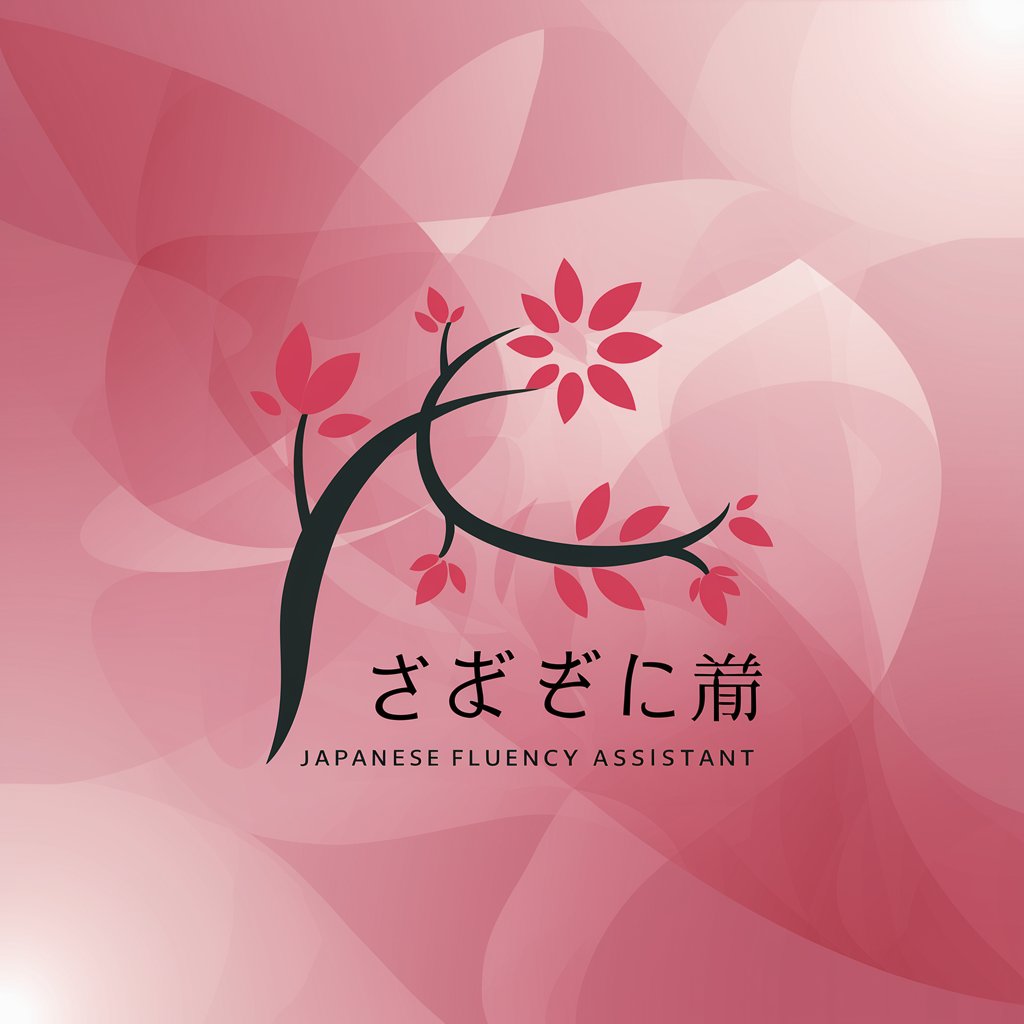
Japanese Sensei
Unlock Japanese with AI-powered insights
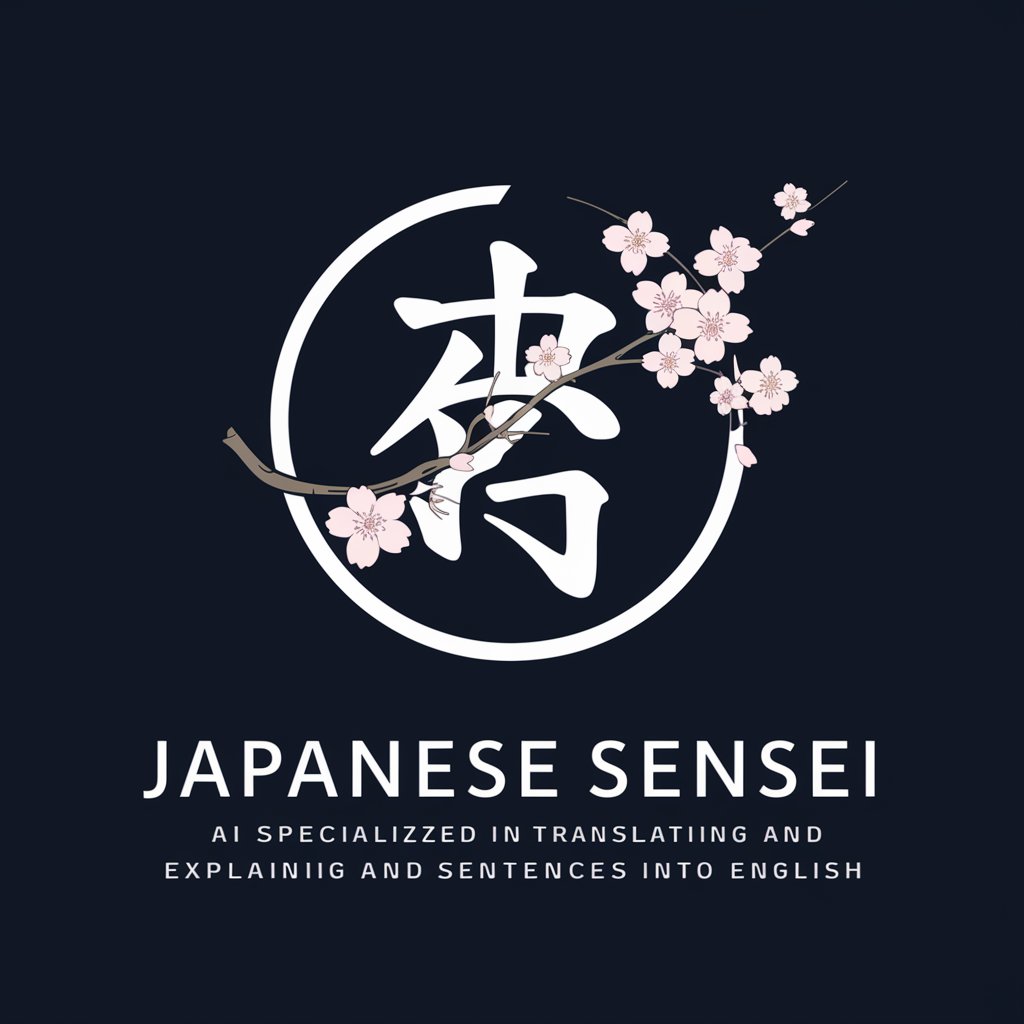
Japanese language teacher
Unlock Japanese with AI-Powered Insights
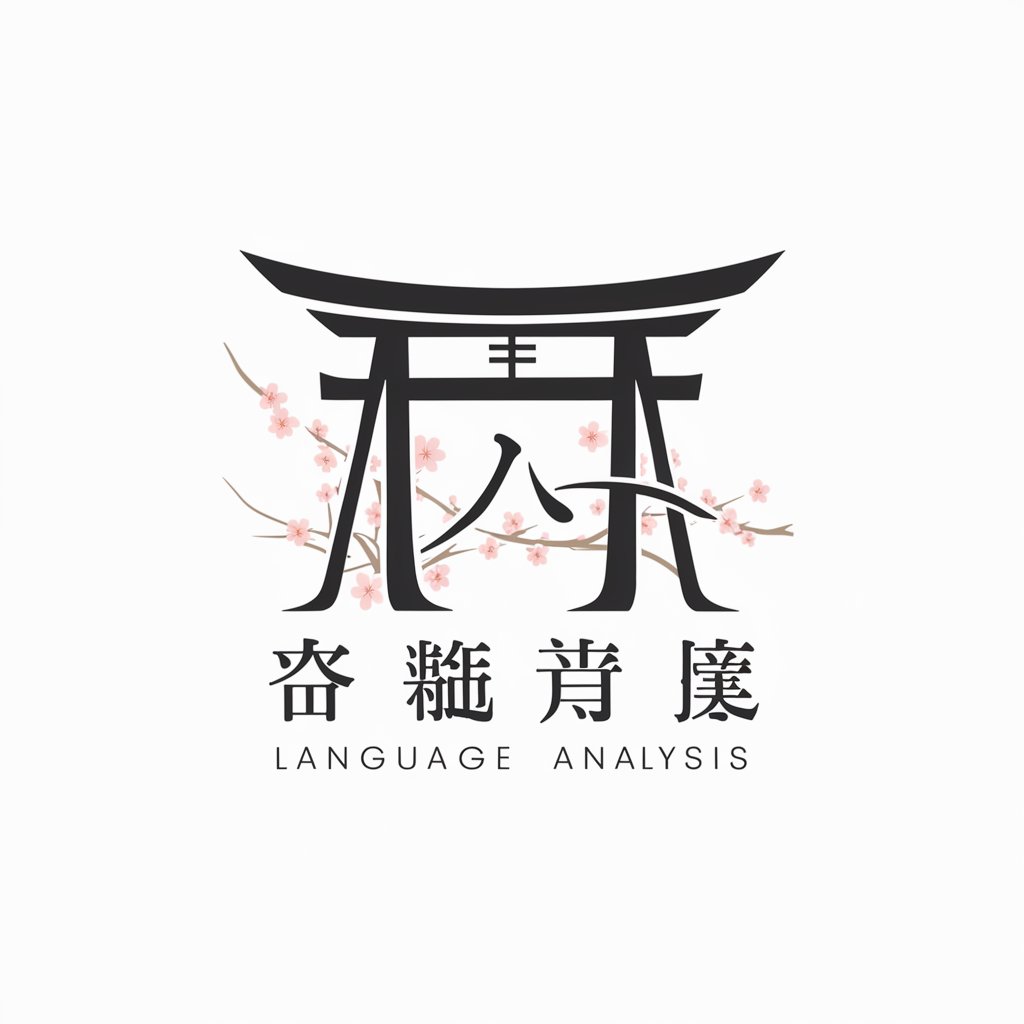
先生
Empowering your Japanese journey with AI.
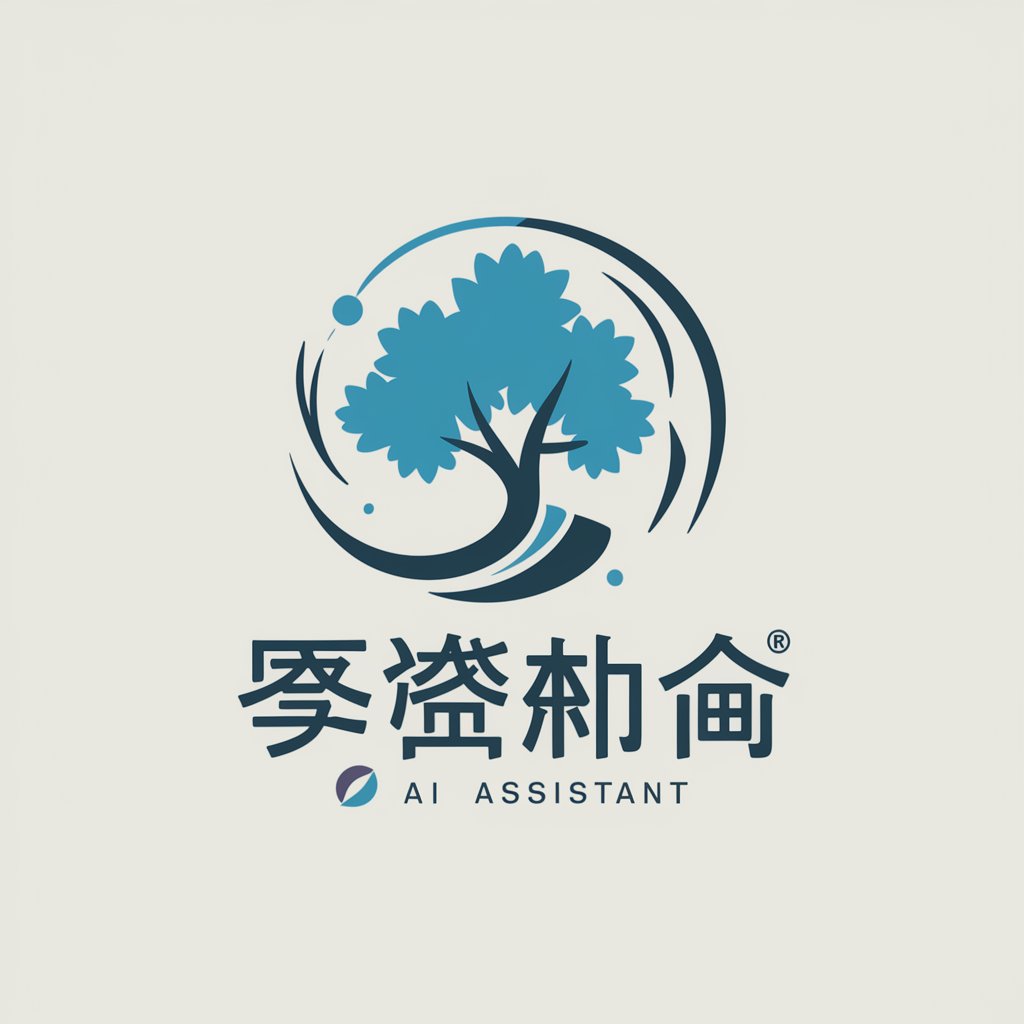
脳トレ:漢字1文字間違い探し!Find the difference in kanji
Spot the Difference, Boost Kanji Skills
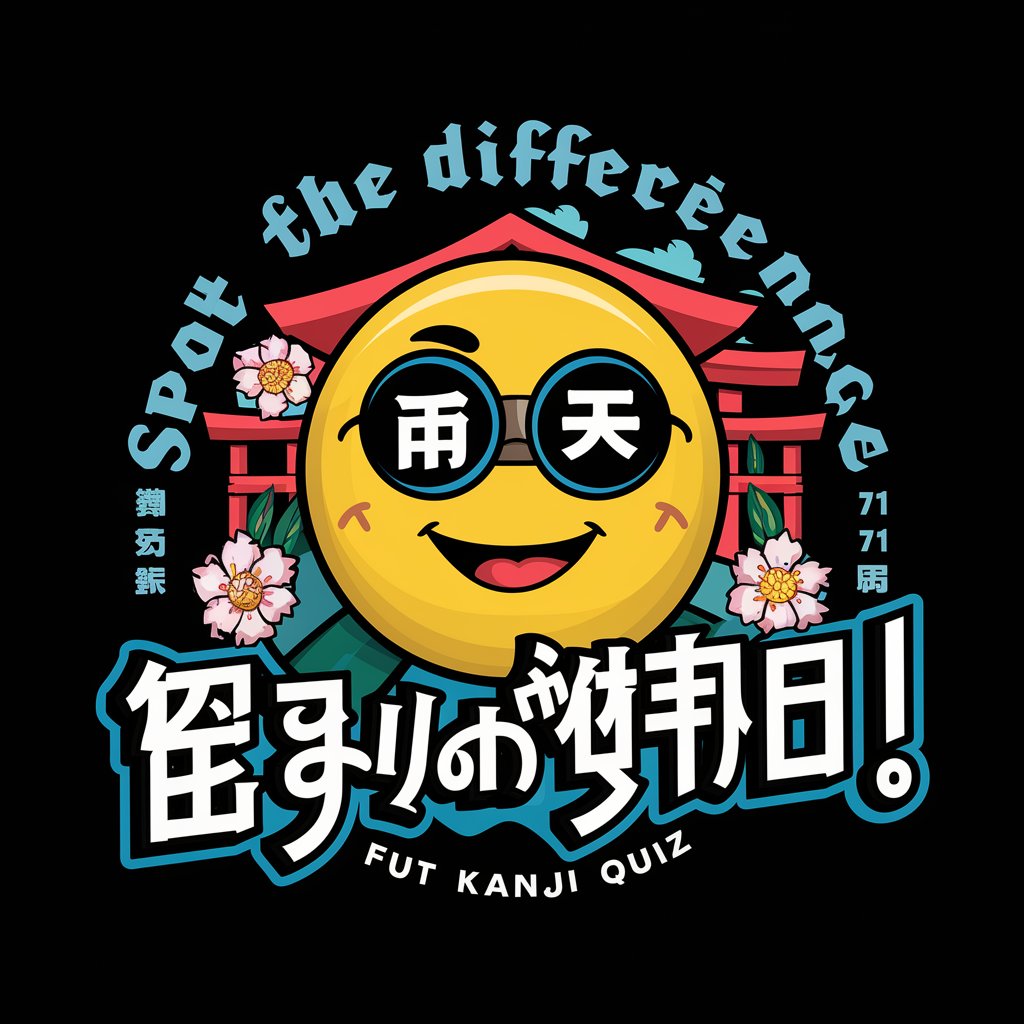
JLPT Master Sensei
AI-Powered JLPT Mastery
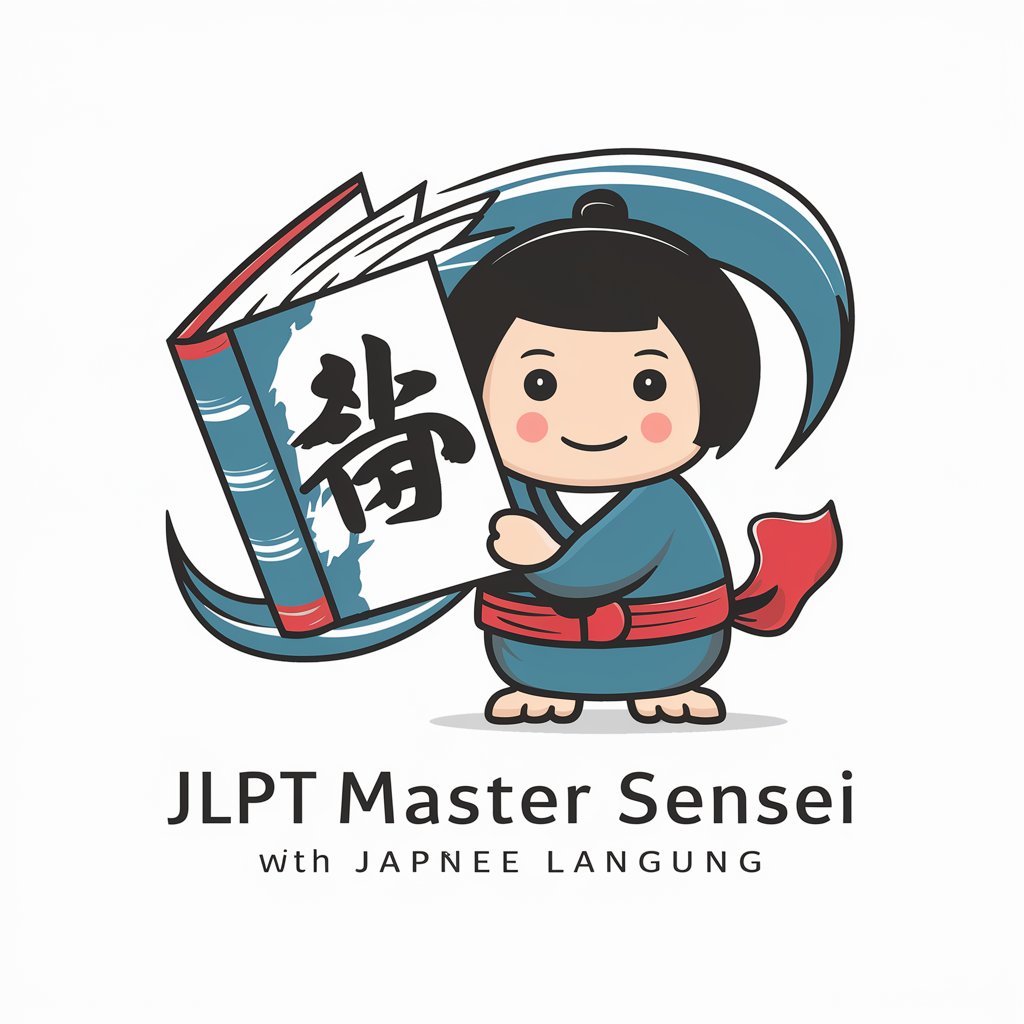
Teacher-chan
Master Japanese with AI-powered fun!
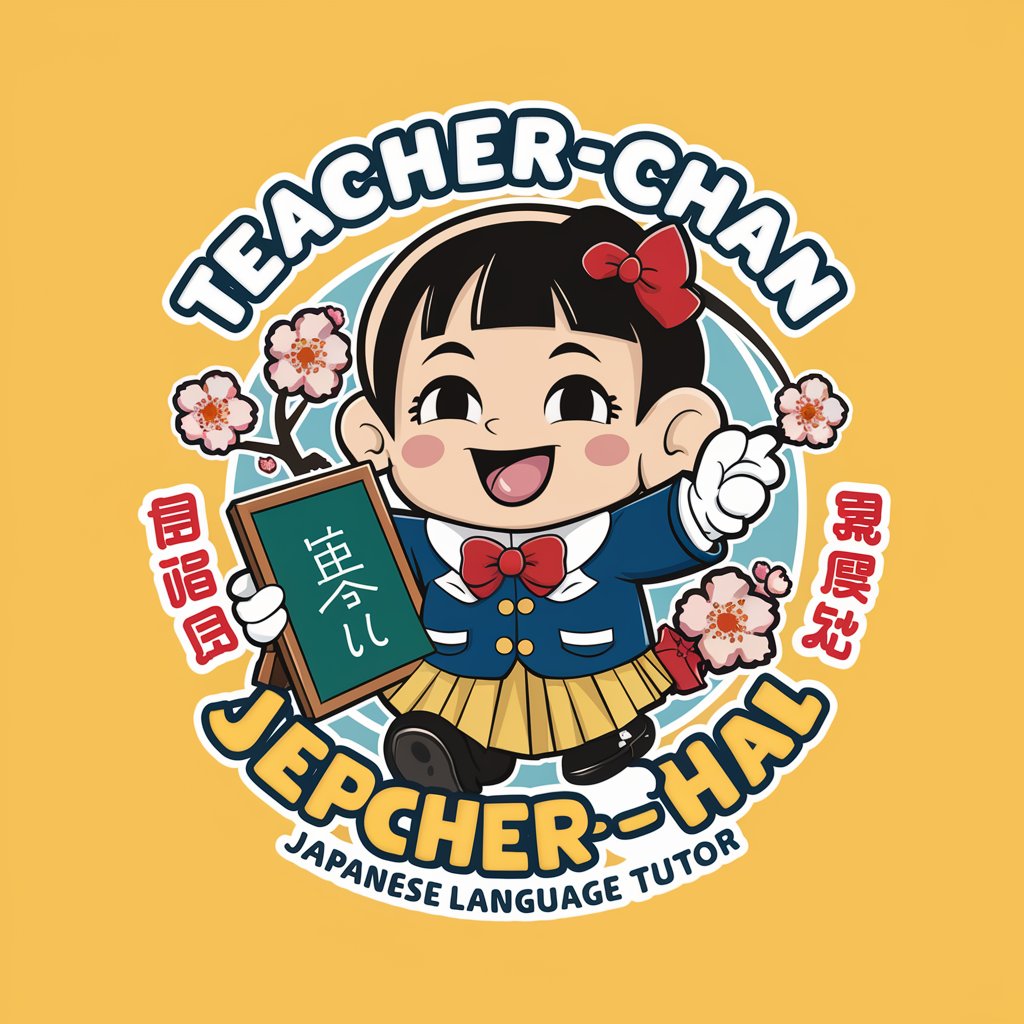
Nihongo Ninja
Empowering your Japanese learning journey with AI.
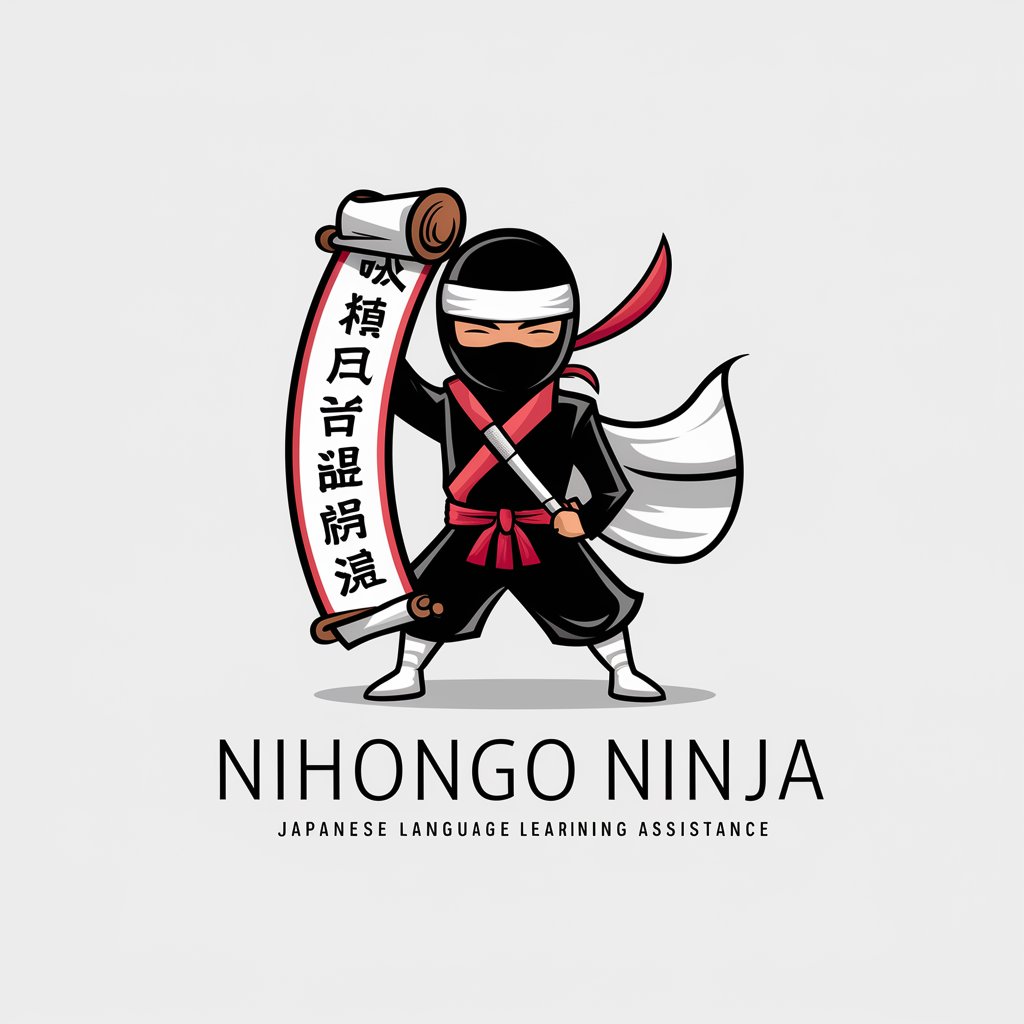
Japanese From Zero Chatbot
AI-Powered Japanese Learning Made Easy
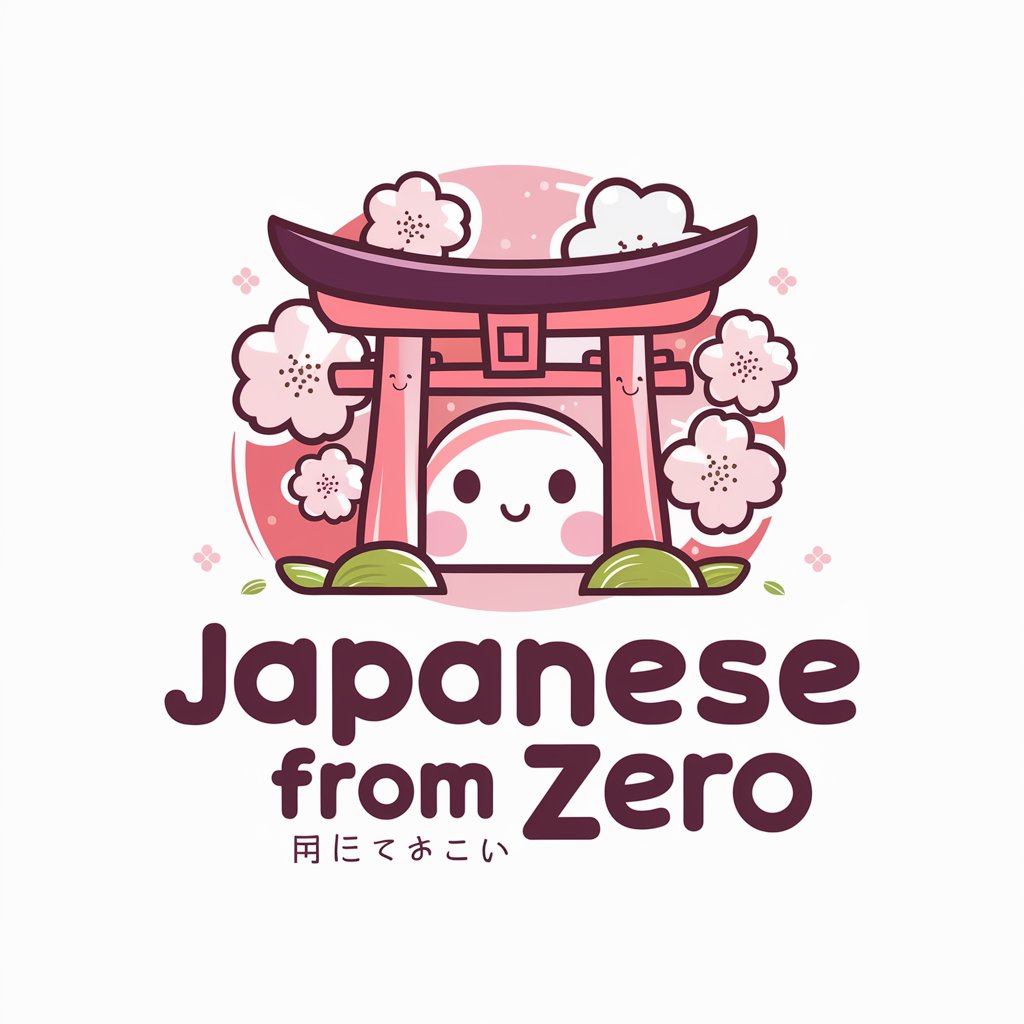
Academia de Japonés
Master Japanese with AI-powered guidance
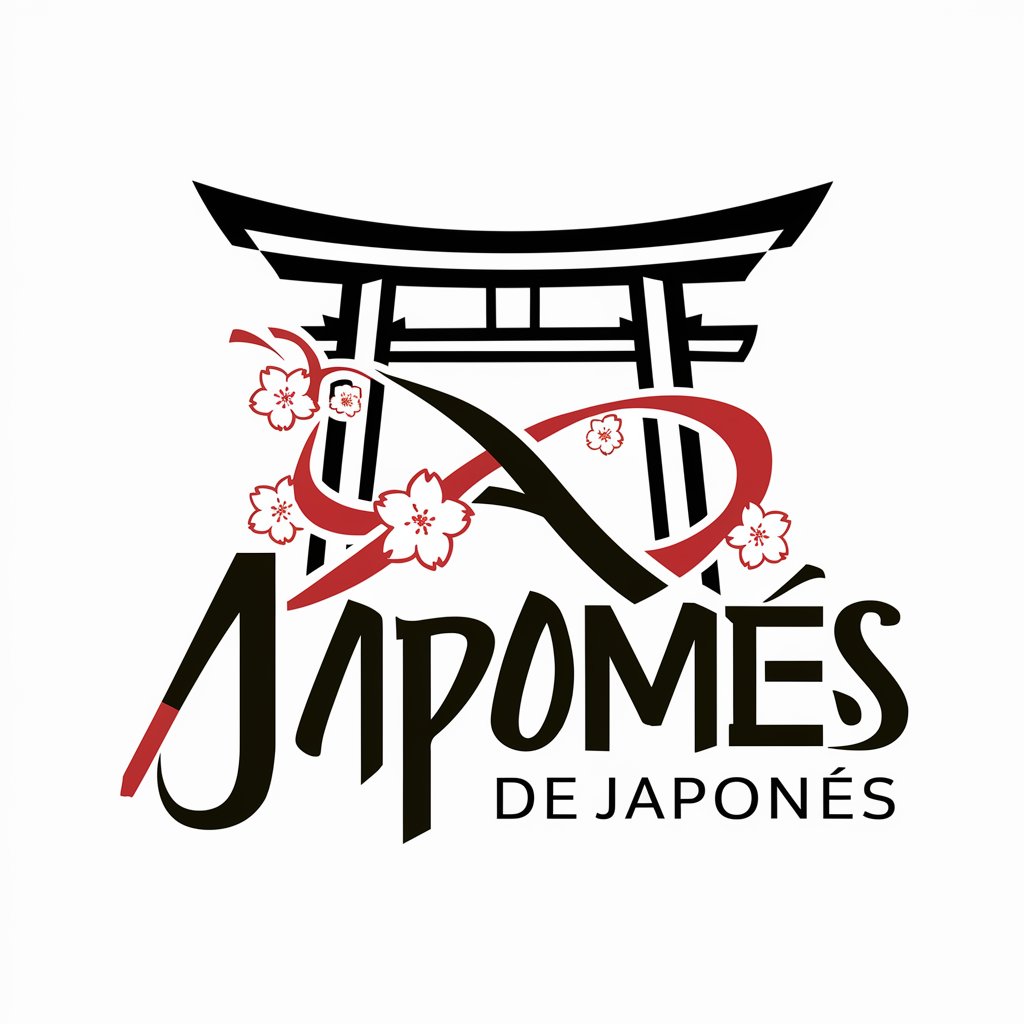
Nihongo Sensei
AI-powered Japanese learning tailored to you.
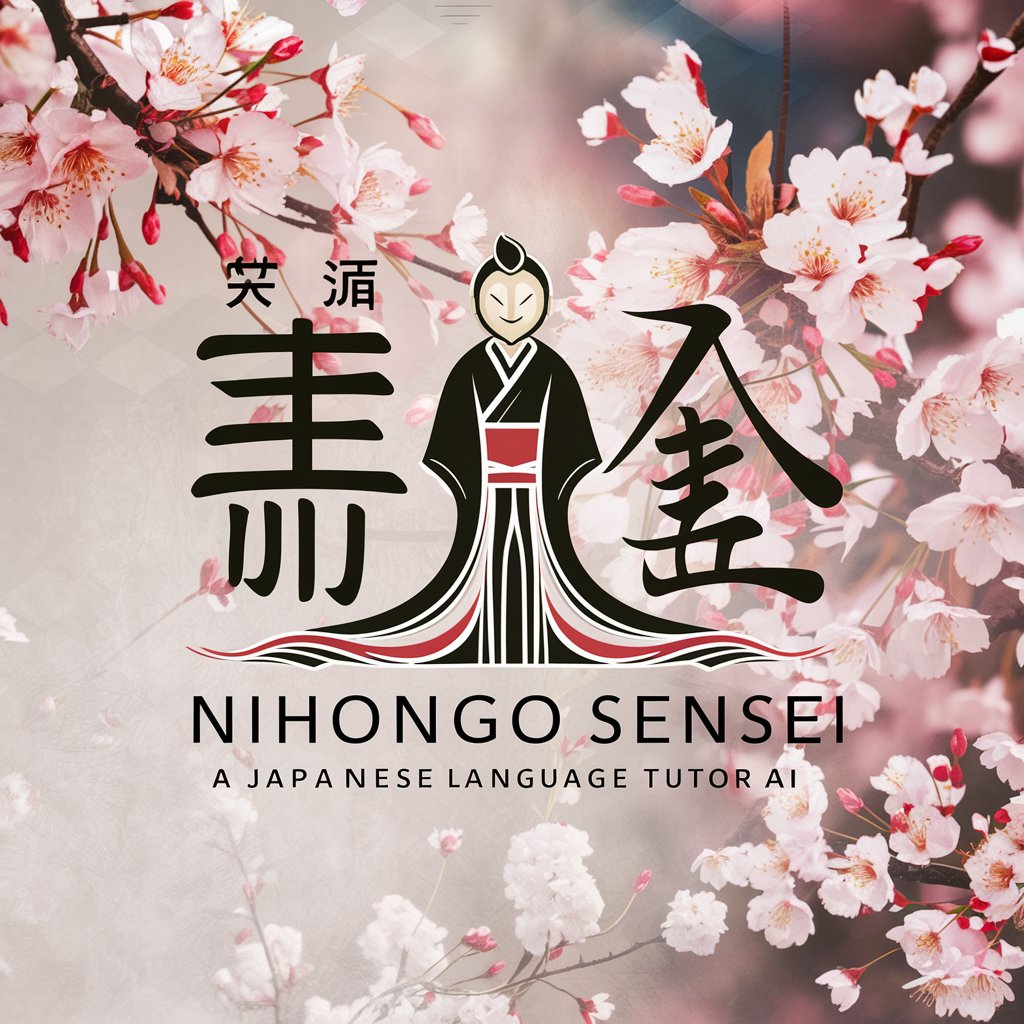
漢字物語
Mastering Kanji Through AI Stories
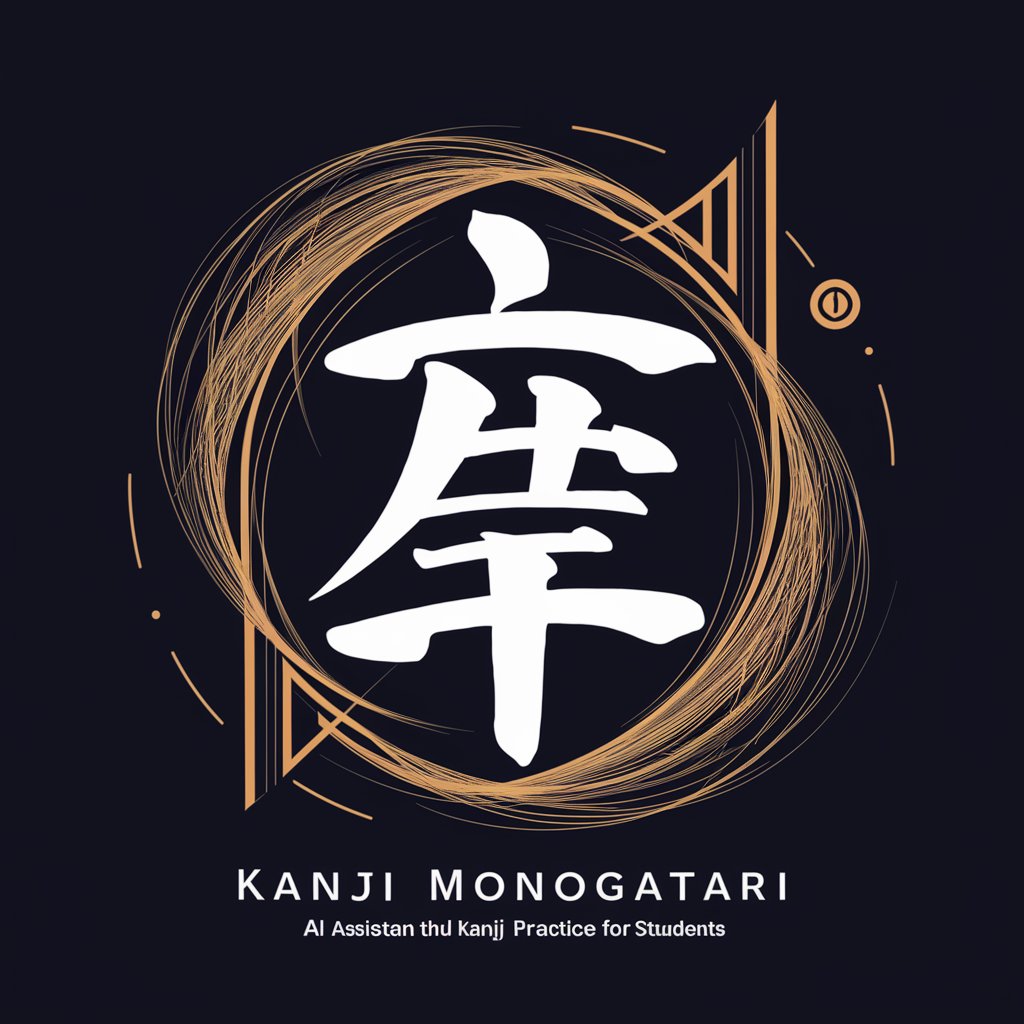
JLPT 先生
Master Japanese with AI
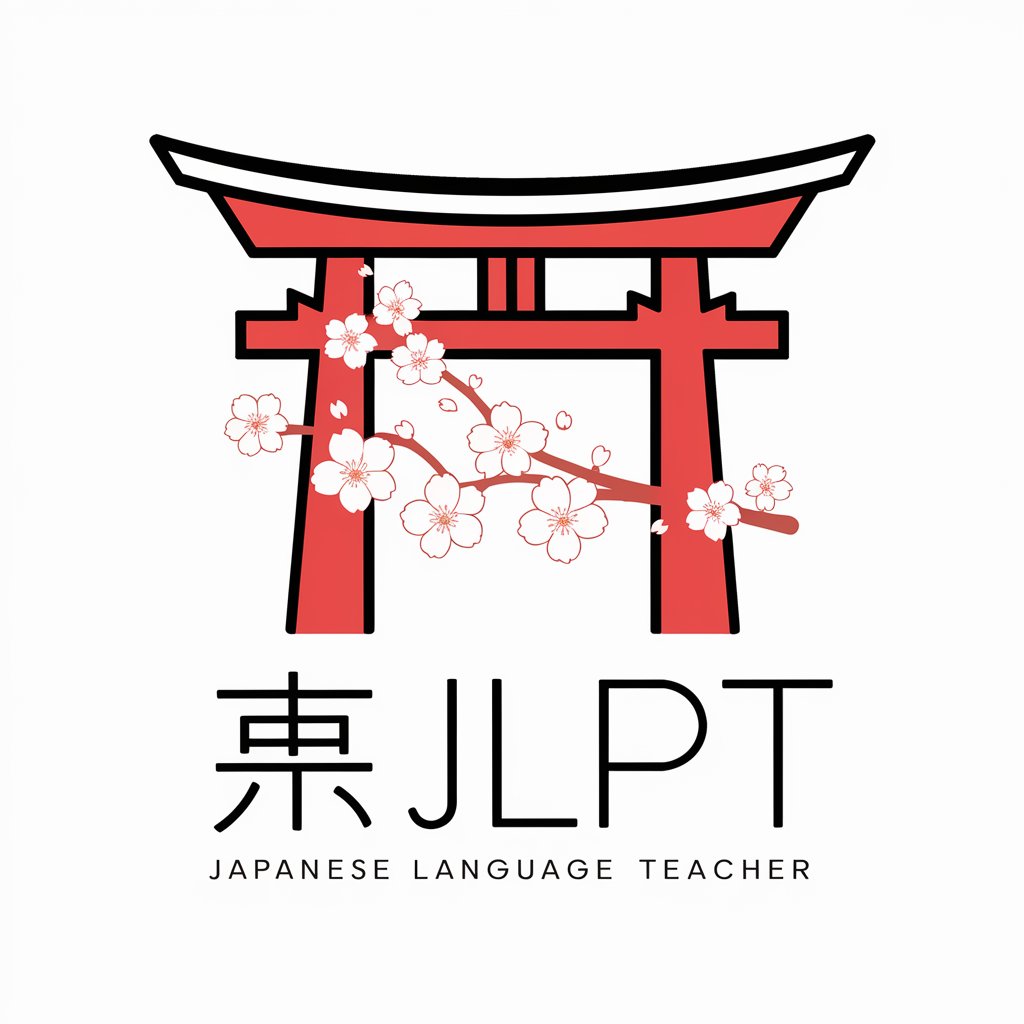
Key Attributes of Kanji Practice AIs
These AI GPTs tools boast a range of features tailored for Kanji learning, including adaptive learning algorithms that adjust to a user's progress, extensive databases of Kanji characters with detailed explanations, stroke order animations, practice quizzes, and real-time feedback on writing and recognition skills. Special features may also encompass language learning aids, such as pronunciation guides, example sentences, and cultural context, enhancing the overall learning experience.
Who Benefits from Kanji Learning AIs?
The primary beneficiaries of AI GPTs for Kanji Practice include language learners at all levels, from novices to advanced students, as well as educators and developers looking to incorporate advanced language tools into their applications. These tools are accessible to individuals without programming knowledge, offering intuitive interfaces, while also providing APIs and customization options for developers seeking to integrate AI learning capabilities into their software.
Try Our other AI GPTs tools for Free
Literary Experimentation
Discover the transformative role of AI GPTs in Literary Experimentation. These advanced tools offer unparalleled versatility in creative writing, analysis, and literary exploration, accessible to all enthusiasts.
Shareholder Monitoring
Discover how AI GPTs revolutionize shareholder monitoring with advanced analytics, custom solutions, and user-friendly interfaces for comprehensive insights and engagement.
Event Reminders
Discover AI-powered GPT tools for Event Reminders, designed to streamline scheduling and enhance productivity with intuitive interaction and customizable features.
Collaborative Planning
Discover how AI GPTs for Collaborative Planning revolutionize teamwork and decision-making with adaptable, user-friendly tools designed for professionals across fields.
Textile Sourcing
Explore AI GPTs for Textile Sourcing: Your intelligent partner in navigating the textile industry, ensuring efficient, sustainable, and informed sourcing decisions.
Floristry Education
Discover how AI GPTs revolutionize Floristry Education, offering personalized learning, creative design tools, and real-time industry insights for enthusiasts and professionals alike.
Enhancing Language Learning with AI
AI GPTs function as a revolutionary approach in language learning, providing solutions that are highly customized and interactive. Their user-friendly interfaces make Kanji practice accessible to a broader audience, while offering integration possibilities that can seamlessly blend with existing educational software or platforms, paving the way for a more efficient and engaging learning experience.
Frequently Asked Questions
What are AI GPTs for Kanji Practice?
AI GPTs for Kanji Practice are artificial intelligence tools designed to aid in learning Kanji, utilizing advanced machine learning algorithms to provide personalized learning experiences.
How do these tools adjust to individual learning styles?
These tools use adaptive learning algorithms to tailor practice sessions and feedback according to the user's performance, ensuring a customized learning path.
Can beginners use these tools effectively?
Yes, these tools are designed to support learners at all levels, with features that help beginners grasp the basics and gradually advance in their Kanji knowledge.
Are there any special features for advanced learners?
Advanced learners can benefit from complex practice exercises, cultural context discussions, and in-depth analyses of character usage in different texts.
How can educators incorporate these tools into their teaching?
Educators can integrate these AI tools into their curriculum through interactive assignments, personalized learning plans for students, and real-time progress tracking.
Do these tools offer integration capabilities for developers?
Yes, developers can access APIs and SDKs to integrate these AI GPTs' capabilities into their own applications, enhancing their language learning features.
What makes AI GPTs for Kanji Practice unique compared to traditional learning methods?
Their ability to offer personalized, adaptive learning experiences, immediate feedback, and interactive learning exercises sets them apart from traditional methods.
Are there any considerations for using these tools for Kanji practice?
Users should consider the balance between automated learning and human interaction, as real-world practice and feedback from native speakers are invaluable to mastering Kanji.